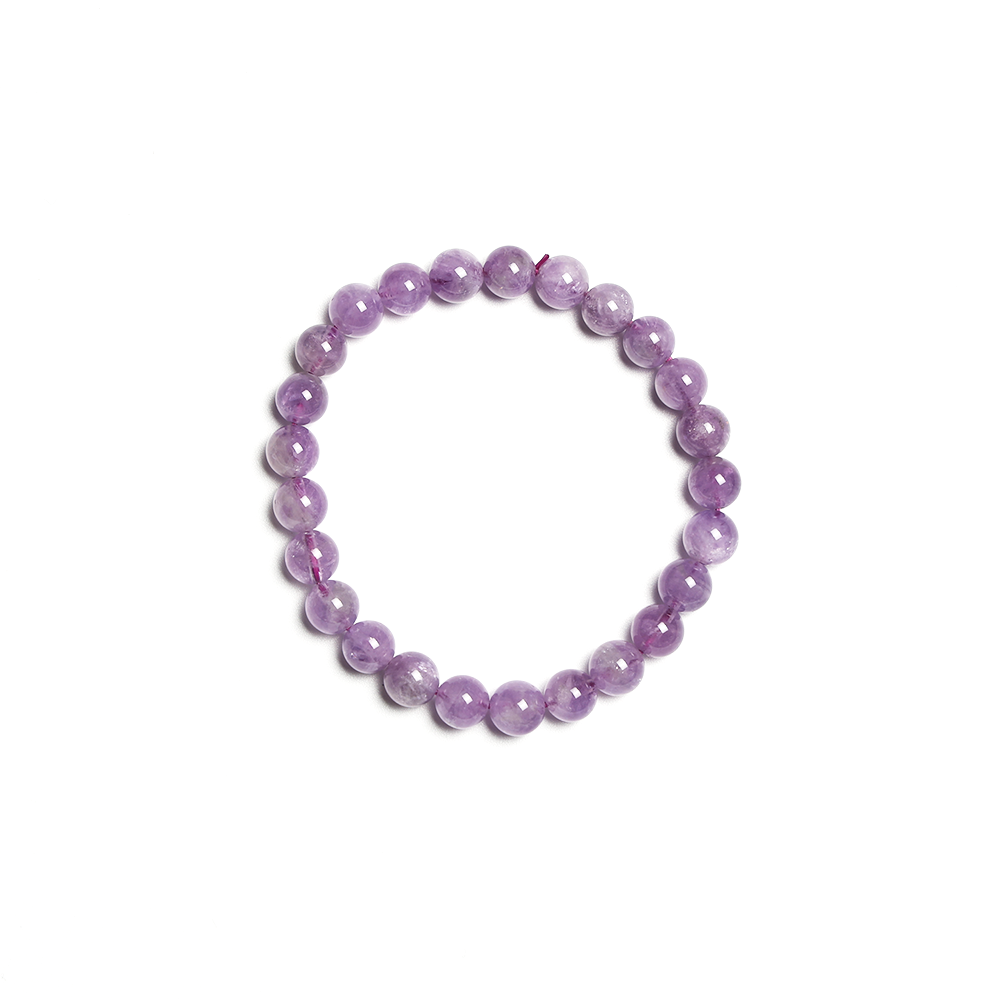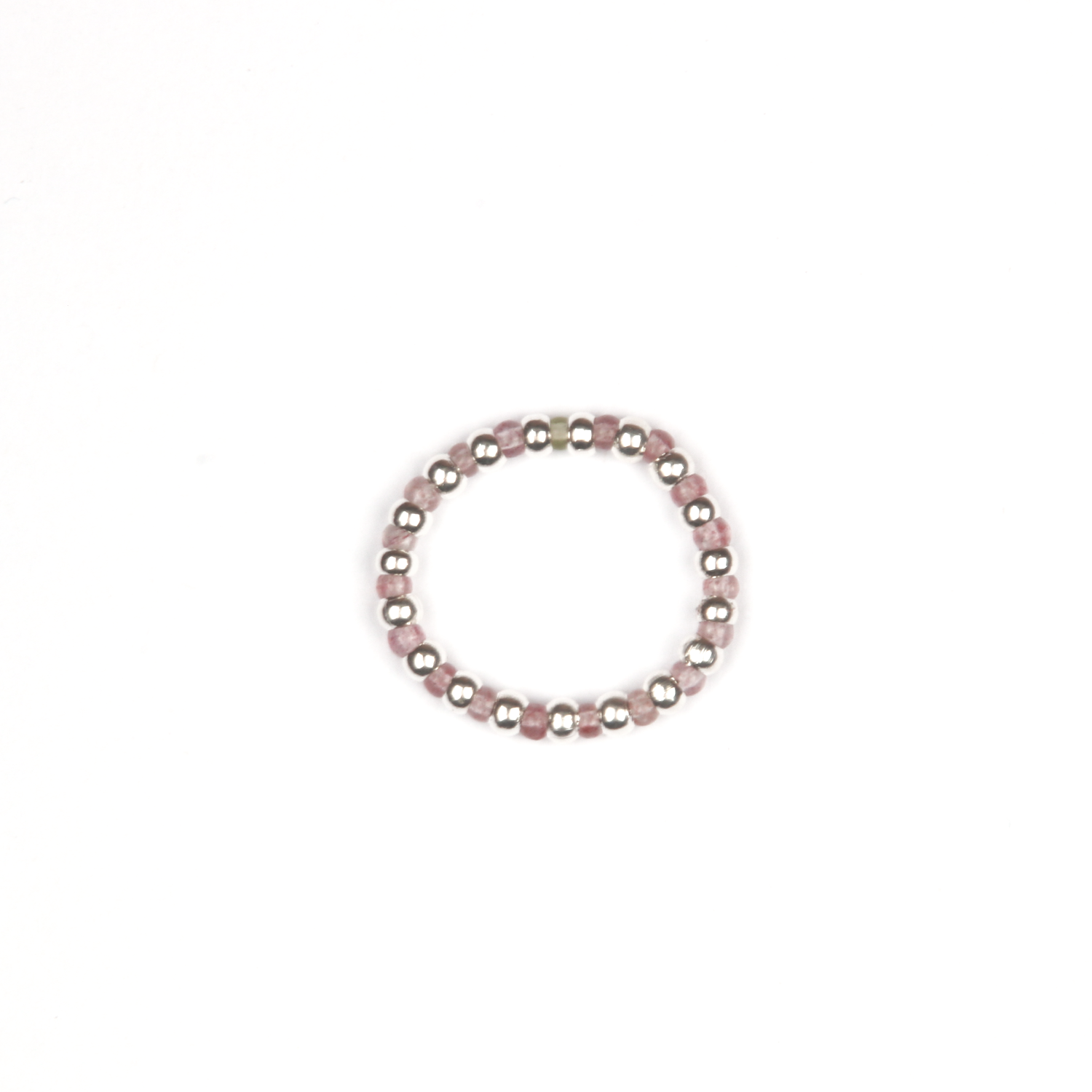Serpentine
The Gemstone of Transformation and Healing
Serpentine is a captivating earthy green gemstone known for its connection to healing, transformation, and ancient wisdom. With its smooth, serpent-like texture and distinctive color variations, Serpentine has been revered across cultures for its protective and metaphysical properties.
This guide explores Serpentine’s origins, geological formation, cultural significance, market value, jewelry applications, pairing recommendations, and artistic inspirations to provide a comprehensive and expert-backed resource.
Origin of Serpentine
Serpentine is a group of hydrated magnesium silicate minerals found in regions where tectonic activity brings deep mantle rocks to the Earth's surface.
Major Serpentine Deposits:
-
United States (California, Vermont, Rhode Island, Washington, and Arizona) – California has designated Serpentine as its official state rock due to its abundance.
-
Canada (Quebec, British Columbia, and Newfoundland) – Some of the purest forms of Serpentine are found here.
-
Italy (Apennine Mountains) – Home to the famous "Verde Antico" (Ancient Green) Serpentine, historically used in Roman architecture.
-
Russia (Ural Mountains & Siberia) – Produces high-quality Russian Serpentine, often used in sculptures and decorative objects.
-
United Kingdom (Cornwall and Wales) – Cornish Serpentine has been popular for hand-carved ornaments since the 19th century.
-
China, Afghanistan, and India – Commonly mined for both spiritual and industrial uses.
Serpentine is widely available, making it affordable, but rare varieties like Williamsite (transparent Serpentine with inclusions of chromite or magnetite) are more highly valued.
Formation Process of Serpentine
Serpentine forms through a geological process known as serpentinization, where ultramafic rocks (rich in iron and magnesium) undergo low-temperature hydrothermal alteration.
Formation Process:
-
Tectonic Movement – Subduction zones force deep mantle rocks upward.
-
Water Infiltration – Water reacts with peridotite and olivine-rich rocks, transforming them into Serpentine minerals.
-
Mineral Alteration – Magnesium silicates bond with water, creating the characteristic waxy, fibrous texture of Serpentine.
Serpentine is often found in association with chrysotile asbestos, though non-asbestos varieties are widely used in jewelry and metaphysical applications.
Cultural Significance and Meaning of Serpentine
Serpentine has held spiritual and cultural importance across civilizations for thousands of years.
Historical & Cultural Uses:
-
Ancient China – Used in jade-like carvings, believed to ward off evil spirits.
-
Greek & Roman Eras – Symbolized wisdom and immortality; Serpentine columns were used in temples.
-
Native American Traditions – Associated with serpent energy, healing, and connection to nature.
-
Medieval Europe – Worn as an amulet against poisons and curses.
-
Hindu & Buddhist Traditions – Linked to the kundalini energy, representing spiritual awakening.
Metaphysical & Healing Properties:
-
Transformation & Personal Growth – Encourages emotional resilience.
-
Energy Cleansing & Detoxification – Clears negativity and promotes renewal.
-
Kundalini Awakening – Believed to activate energy flow through the chakras.
-
Emotional Balance & Protection – Shields against toxic influences.
Today, Serpentine is used in crystal healing for meditation, energy alignment, and chakra work.
Market Value and Rarity
Serpentine is widely available, making it affordable for both collectors and jewelry enthusiasts.
Serpentine Price Ranges (2024 Data):
-
Tumbled Stones & Palm Stones – $3 – $15 per piece.
-
Beaded Bracelets & Pendants – $10 – $50, depending on craftsmanship.
-
Carvings & Sculptures – $30 – $300+, with intricate carvings commanding higher prices.
-
Rare Varieties (Williamsite, Verd Antique, Lizardite, Infinite Stone) – $50 – $500+ for high-quality specimens.
While Serpentine is not rare, its diverse variations make some types more collectible than others.
Serpentine Properties
External
Career & Success
Leadership & Power
Relationships & Communication
Communication Skills
Inner
Composure
Calmness
Virgo
Initiation
Zodiac

Element

Chakras







Planet

Mohs Hardness
3 or 6
Click to copy the serpentine properties
Jewelry Uses and Fashion Tips
Serpentine’s earthy green hues make it a versatile and grounding gemstone for jewelry.
Best Jewelry Styles:
-
Beaded Bracelets & Necklaces – Perfect for daily wear and energy alignment.
-
Cabochon Rings & Pendants – Showcases Serpentine’s smooth, waxy texture.
-
Statement Jewelry – Often paired with silver or gold for a bohemian aesthetic.
Fashion Styling Tips:
-
Earthy & Nature-Inspired Looks – Pair with browns, deep greens, and neutral tones.
-
Minimalist Styles – A single Serpentine pendant complements casual and work attire.
-
Bold & Bohemian – Layer with wood, leather, and tribal designs.
Due to its softness (Mohs hardness: 2.5 – 5.5), Serpentine should be stored carefully to avoid scratches.
Pairing Serpentine with Other Gemstones or Materials
Complementary Gemstones:
| Gemstone | Why It Pairs Well with Serpentine |
|---|---|
| Tiger’s Eye | Enhances confidence and grounding energy. |
| Tourmaline | Adds protection and energetic shielding. |
| Hematite | Strengthens focus and mental clarity. |
| Jade | Symbolizes longevity and prosperity, complementing Serpentine’s wisdom energy. |




Best Metal & Material Pairings:
-
Sterling Silver & Copper – Enhances Serpentine’s earthy vibrancy.
-
Wood – Creates an organic, tribal feel.



These pairings enhance Serpentine’s grounding and protective energy, making it an excellent choice for spiritual wearers.
Crystal Color Palettes for Artistic and Fashion Inspiration
Serpentine’s earthy greens inspire calming, nature-based color palettes. Here are five colors that complement it:

- #228B22 Forest Green – Reflects Serpentine’s rich, deep hues.
- #CC7722 Golden Ochre – Adds a warm, grounding contrast.
- #8D8D8D Stone Gray – Balances the earthy tones.
- #E2725B Terracotta – Complements its natural, organic energy.
- #FAF3DD Soft Cream – A neutral contrast that enhances Serpentine’s green shades.
These colors work beautifully in fashion, jewelry, and interior design.
Serpentine is often linked to transformation and personal growth. In many traditions, it is believed to help release old patterns and open the mind to new possibilities. If you could use Serpentine’s energy to change one thing in your life, what would it be?
Share your thoughts in the comments!








Share:
Selenite Gemstone Guide: Properties, Rarity, Pricing, Jewelry Uses & Stylish Tips
Sardonyx Gemstone Guide: Properties, Rarity, Pricing, Jewelry Uses & Stylish Tips